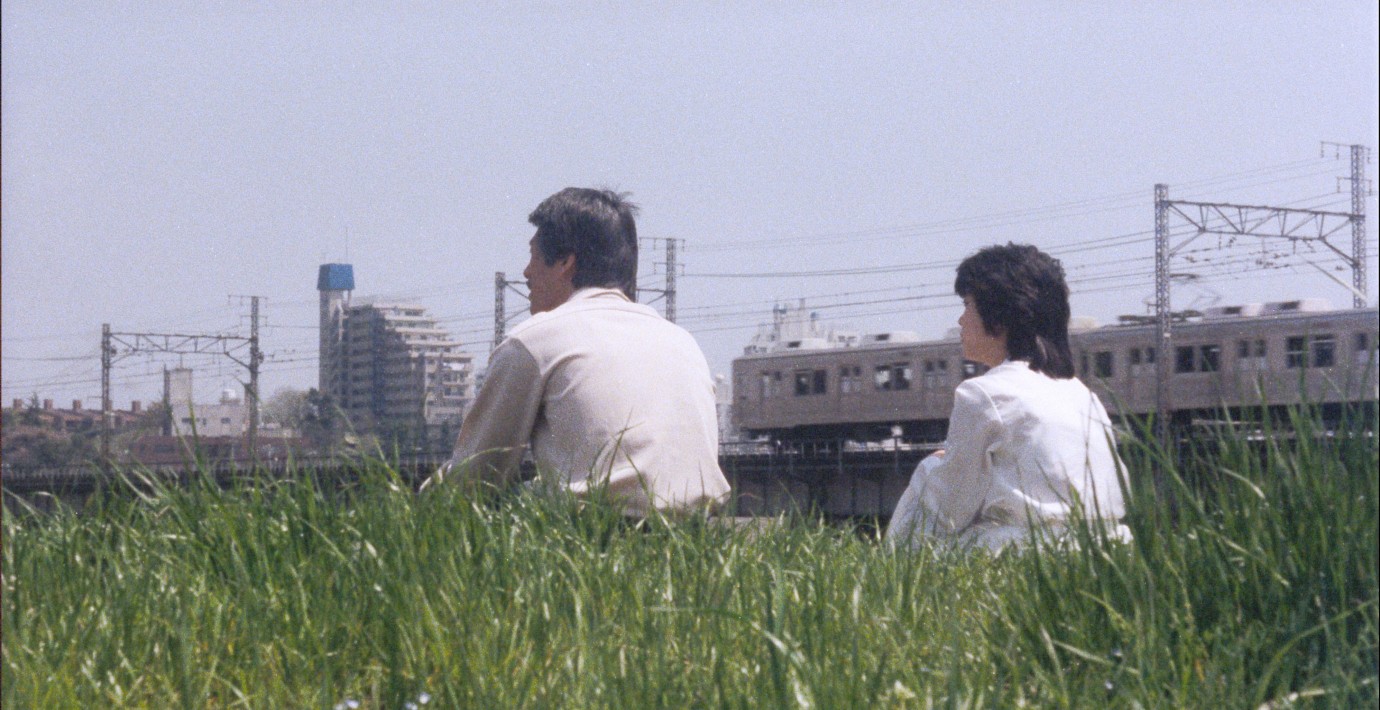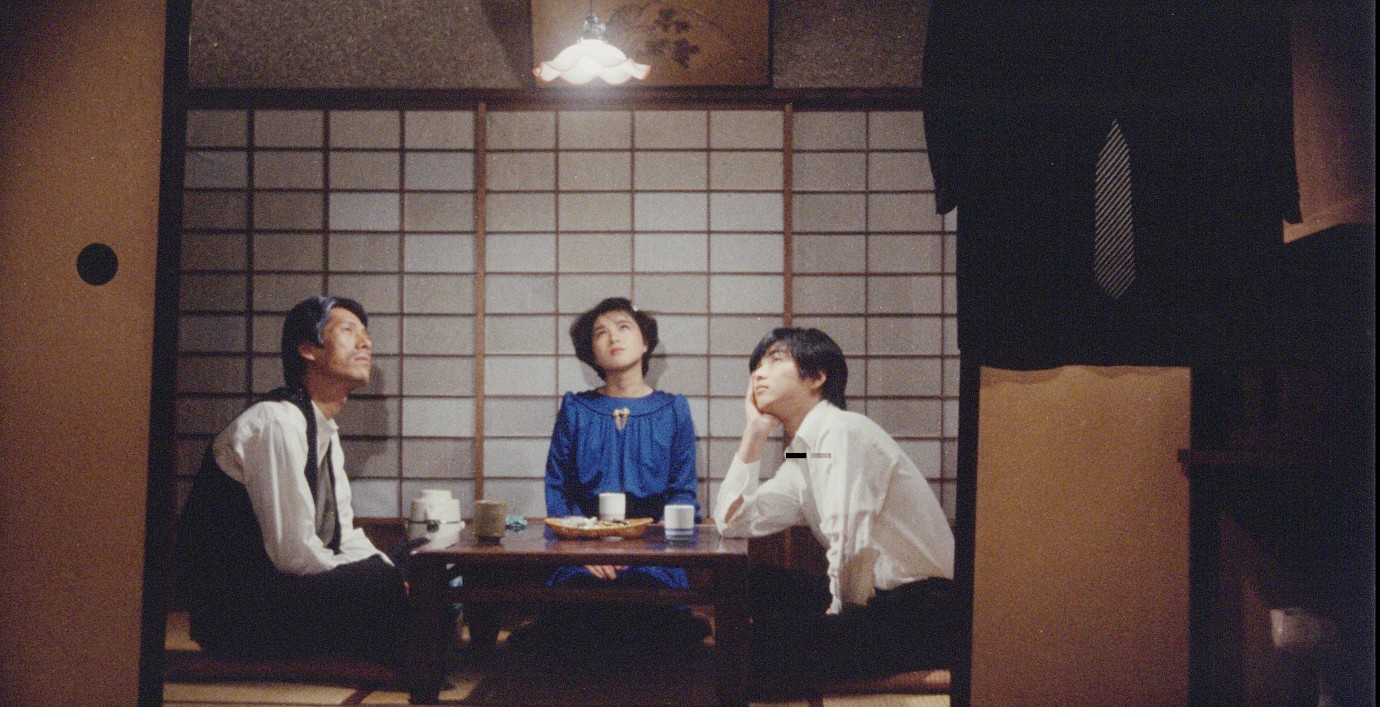Abnormal Family


Ren Osugi, Kaoru Kaze
Abnormal Family by Masayuki Suo
JPN 1984, Forum
© 2018 Kokuei / Rapid Eye Movies

Miki Yamaji
Abnormal Family by Masayuki Suo
JPN 1984, Forum
2018 Kokuei / Rapid Eye Movies
Shooting from his own script, Suo’s only ever pink film is a bawdy pastiche of the works of Yasujiro Ozu, presenting the members of this far-from-typical family through idiosyncratic editing and compositional style of the Grand Master of the Japanese domestic drama. The results are amongst the wittiest and entertaining in the entire history of "pinku eiga".
With
- Usagi Aso (Bar Madam)
- Hakuhiko Fukano (Shuzo Mamiya)
- Rara Hanayama (Kyushu Young Wife)
- Kaoru Kaze (Yuriko Mamiya)
- Ren Osugi (Shukichi Mamiya)
- Shiro Shimomoto (Koichi Mamiya)
- Kei Shuto (Kazuo Mamiya)
- Miki Yamaji (Akiko Mamiya)
Crew
| Written and Directed by | Masayuki Suo |
| Cinematography | Yuichi Nagata |
| Editing | Junichi Kikuchi |
| Music | Yoshikazu Suo |
| Production Design | Yohei Taneda |
| Producer | Daisuke Asakura / Keiko Sato Kokuei, Kazuto Morita Interfilm |
World Sales
Rapid Eye Movies
Produced by
Kokuei
Interfilm
Masayuki Suo
Born in Tokyo in 1956. He began his career in the early 1980s as an assistant director to Takahashi Banmei and Kiyoshi Kurosawa. In 1984, he directed his only ‘pink film’. He went to make a number of feature films, landing a global hit with the tragicomedy Shall We Dance? (1996).
Filmography
1984 Hentai kazoku - Aniki no yomesan (Abnormal Family: Older Brother’s Bride) 1989 Fancy Dance 1992 Shiko funjatta (Sumo Do, Sumo Don’t) 1996 Shall We Dance? 2007 Soredemo boku wa yattenai (I Just Didn’t Do It) 2012 Tsui no shintaku (A Terminal Trust) 2014 Maiko wa redii (Lady Maiko)
Bio- & filmography as of Berlinale 2018